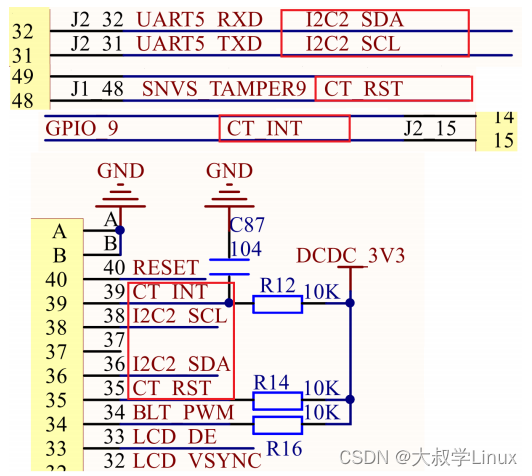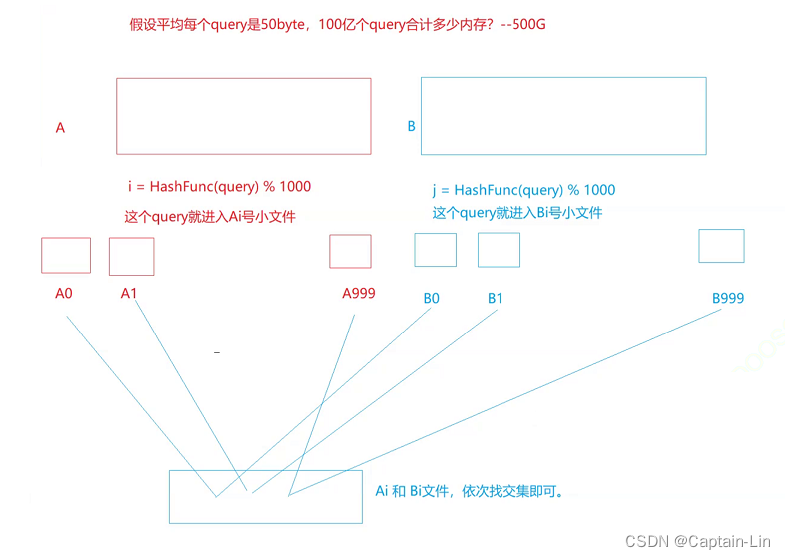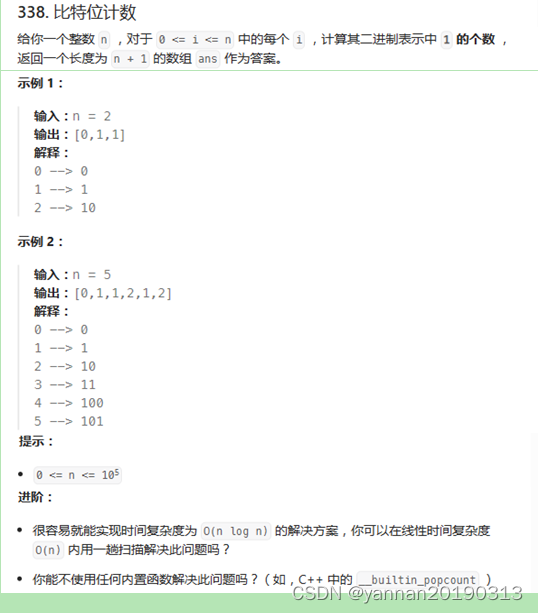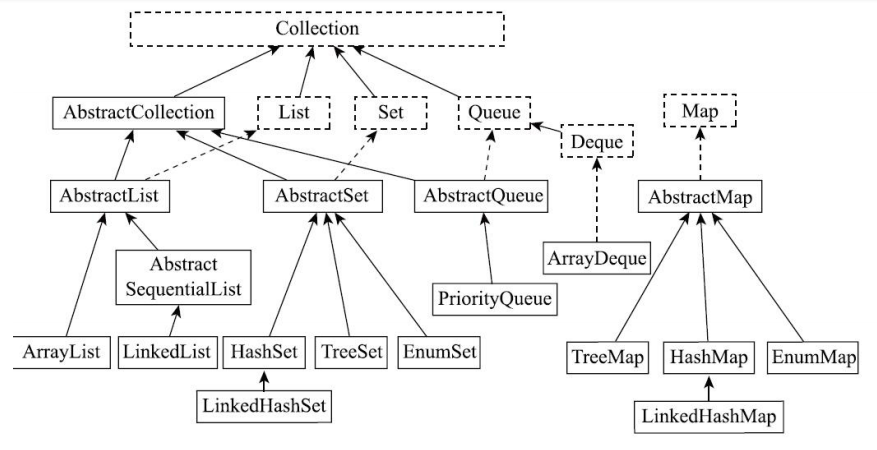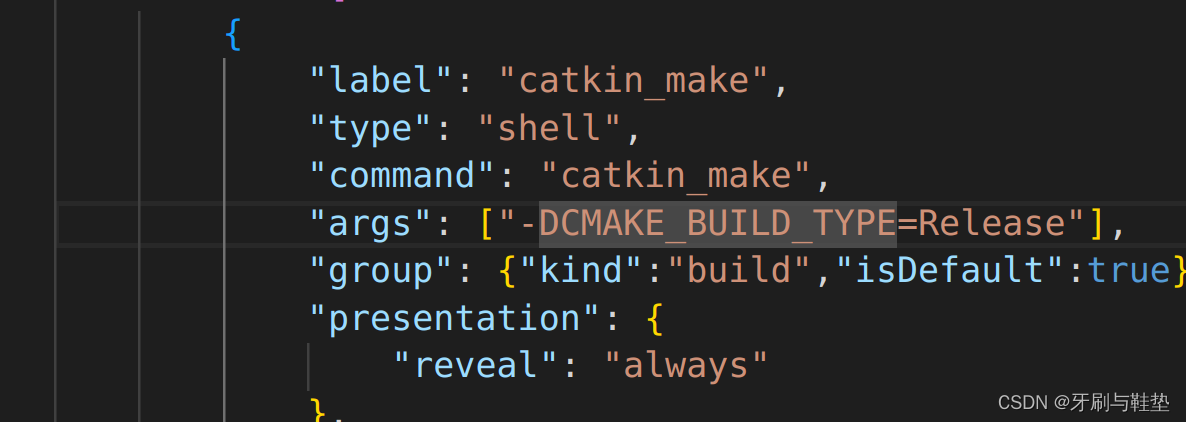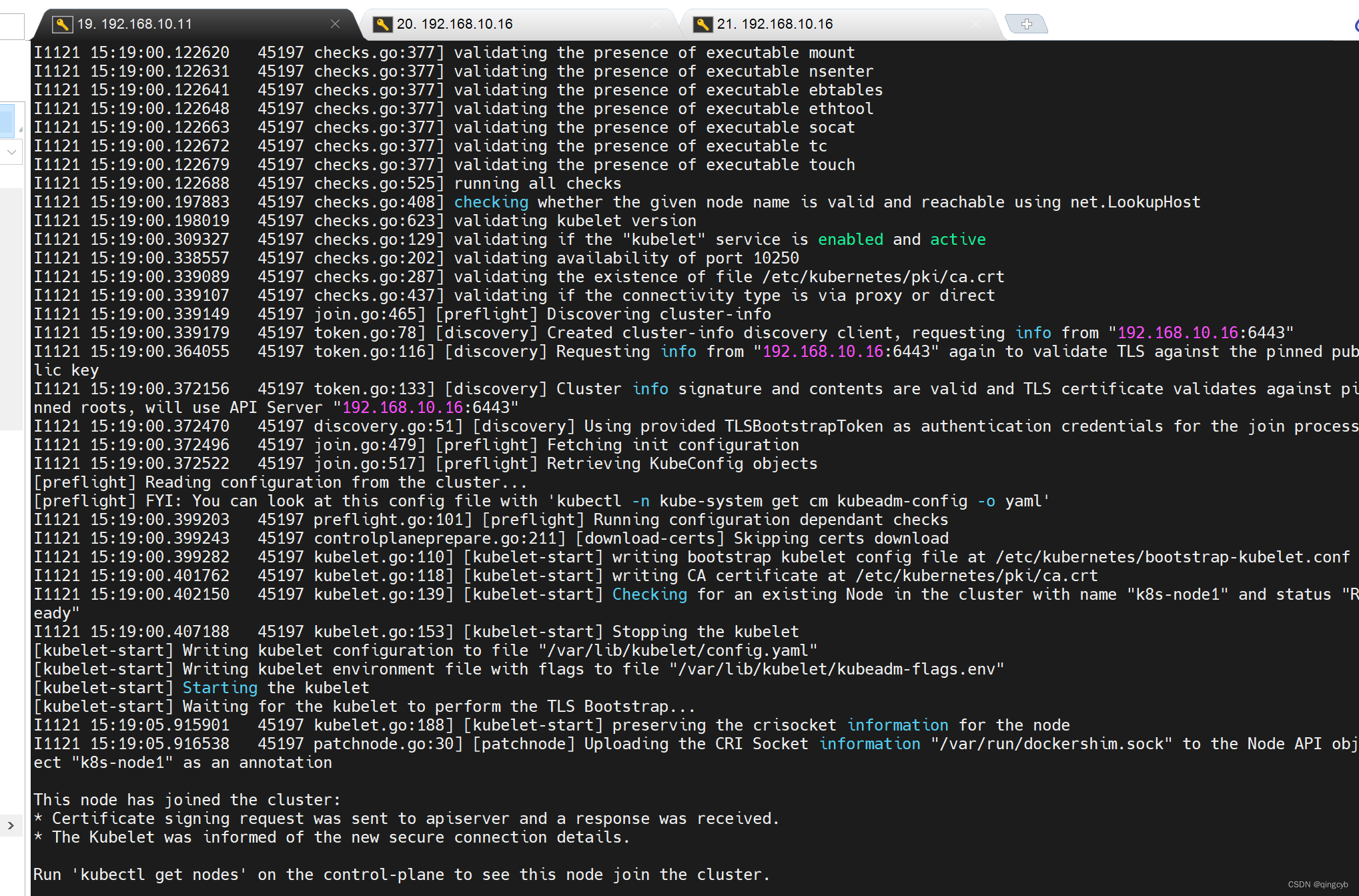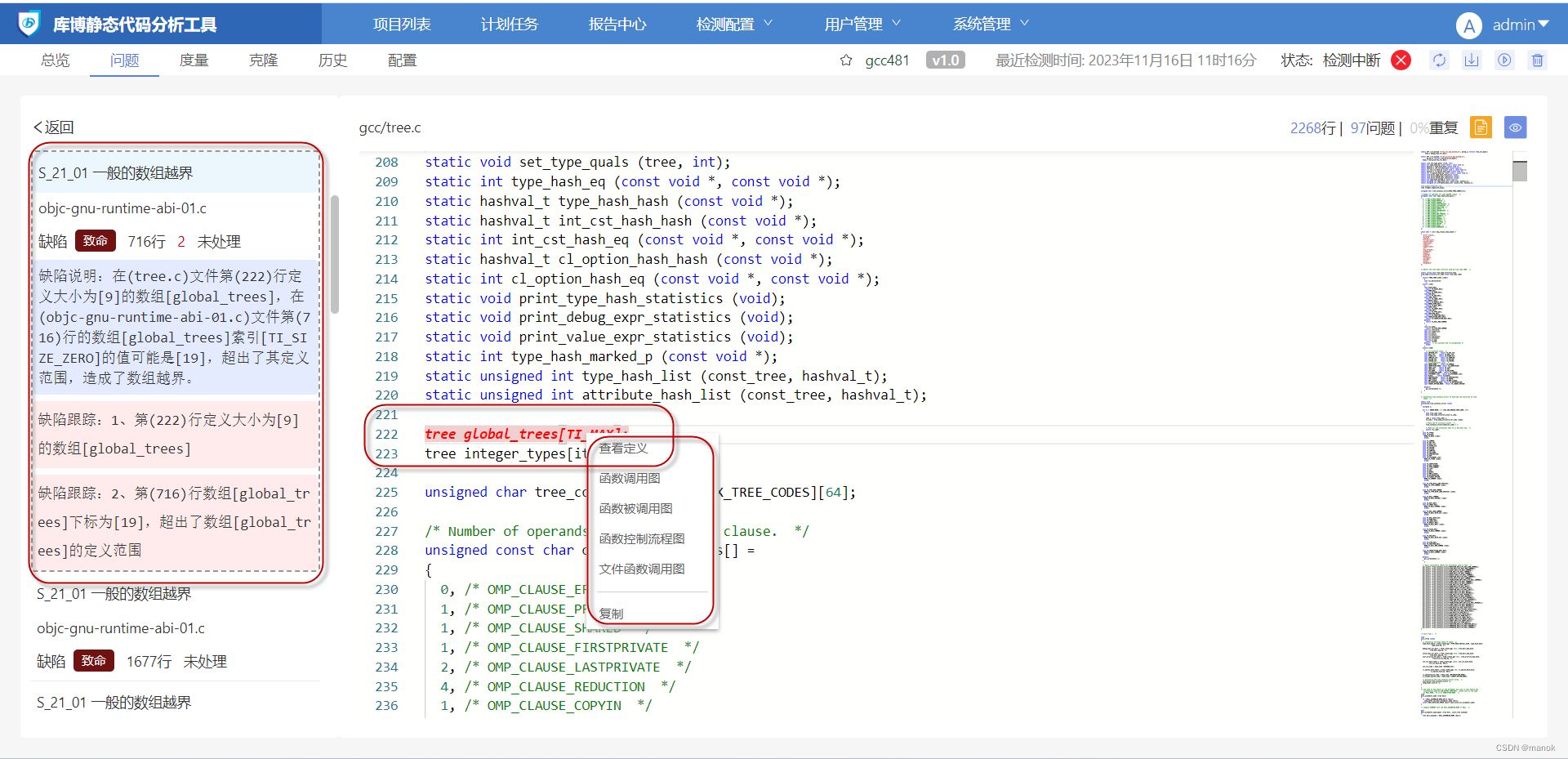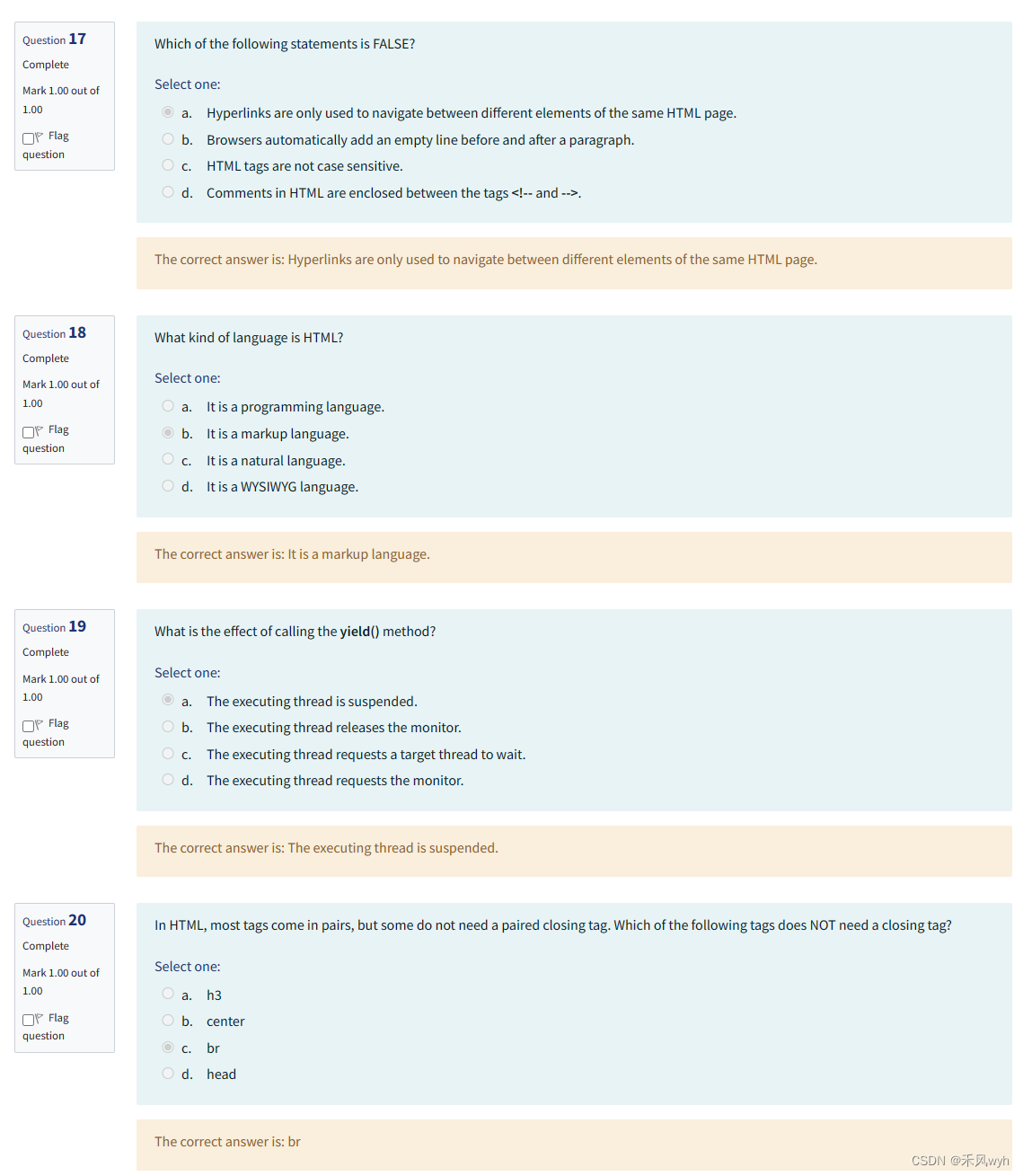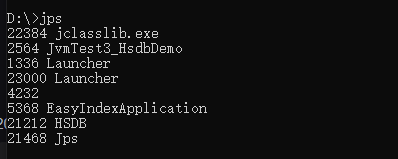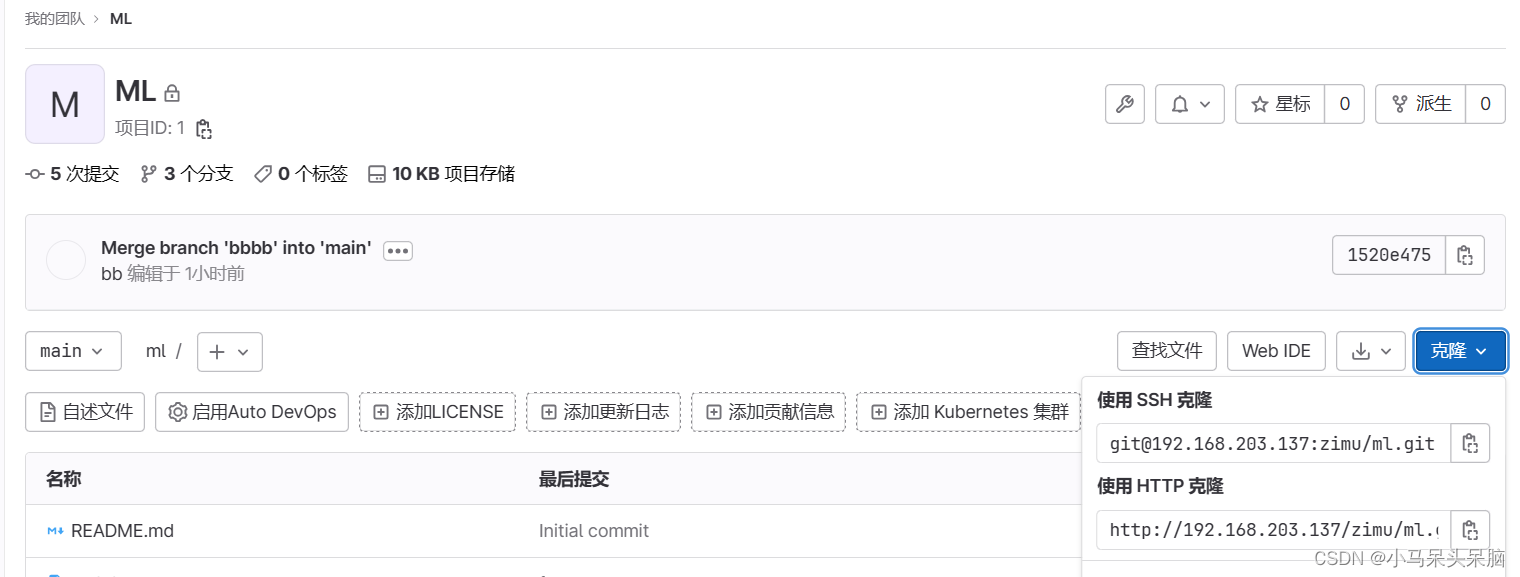
问题:有四个数字“1、2、3、4”,能组成多少个互不相同且无重复数字的四位数?各是多少?
程序分析
可填在千位、百位、十位、个位的数字都是1、2、3、4。组成所有的排列后再去掉不满足条件的排列。
实现方法1
1)使用四层嵌套循环,每一层循环选择一个数字。
2)在循环过程中,判断所选的四个数字是否互不相同,如果是则输出这个四位数。
# 循环遍历所有可能的组合
count = 0
for i in range(1, 5): # 第一个数字
for j in range(1, 5): # 第二个数字
for k in range(1, 5): # 第三个数字
for l in range(1, 5): # 第四个数字
# 判断四个数字是否互不相同
if i != j and i != k and i != l and j != k and j != l and k != l:
# 组合成一个四位数并输出
result = i * 1000 + j * 100 + k * 10 + l
count += 1
print(f'第{count}个数是:{result}')
实现方法2
使用 itertools 模块中的 permutations 函数来生成所有可能的排列,然后筛选满足条件的结果。
from itertools import permutations
# 四个数字
digits = [1, 2, 3, 4]
# 生成所有可能的排列
permutation_list = permutations(digits)
count = 0
# 遍历排列并输出满足条件的四位数
for perm in permutation_list:
result = perm[0] * 1000 + perm[1] * 100 + perm[2] * 10 + perm[3]
count += 1
print(f'第{count}个数是:{result}')
实现方式3
递归的思路是从左到右依次确定每一位的数字,并在确定了前几位的情况下递归地确定后面的位数。
def generate_four_digit_numbers(digits, current_number, used_digits, count):
"""
递归生成所有可能的四位数,并输出格式化的结果。
Parameters:
- digits: 可选数字列表
- current_number: 当前正在生成的数
- used_digits: 已经使用过的数字列表
- count: 当前是第几个满足条件的数
Returns:
- count: 更新后的计数值
"""
if len(used_digits) == 4:
# 输出格式化的结果
print(f"第{count}个数是:{current_number}")
return count + 1
new_count = count
for digit in digits:
if digit not in used_digits:
new_number = current_number * 10 + digit
new_used_digits = used_digits + [digit]
# 递归调用,更新 count
new_count = generate_four_digit_numbers(digits, new_number, new_used_digits, new_count)
return new_count
# 四个数字
digits = [1, 2, 3, 4]
# 调用递归函数,初始 count 为 1
generate_four_digit_numbers(digits, 0, [], 1)

